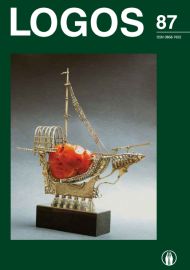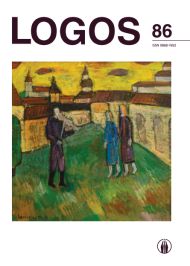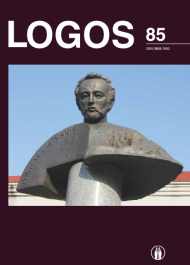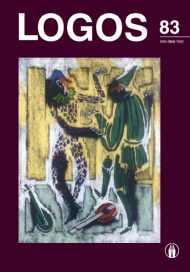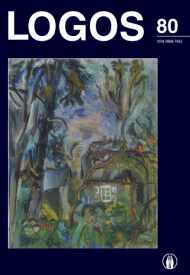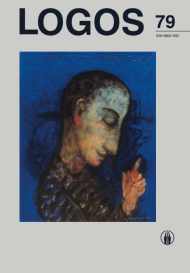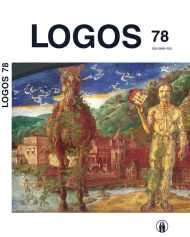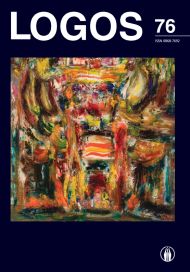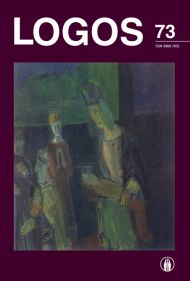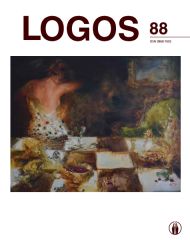
Japonų Estetinių Kategorijų „Wabi“ Ir „Sabi“ Sklaida Kamakuros Epochoje
The article is intended to review the categories of wabi and sabi in the Kamakura period (1185–1333). It discusses the context of medieval feudal Japan and the resulting conditions for the formation of samurai-influenced Zen Buddhism ideas as well as the concept of wabi and sabi categories. The concept of beauty based on asceticism, simplicity, charm of ancient patina and realistic portrayal is analyzed with the help of concrete works of poetry, sculpture, painting and architecture that saw the daylight in the Kamakura Period and acquired common aspects of Zen Buddhism and wabi-sabi aesthetic features, which perfectly represent the aspects of the worldview of the Kamakura Period and the creation of aesthetic experience around oneself. Since the Kamakura aesthetics Period is described as it is manifested in everyday life of the people of various social strata and visible in everyday objects, historical realities as well as the environment accessible to different people, it brings itself closer to the medieval man in Japan, but at the same time it does not lose its relevance in the era of current global society, when in the light of wabi-sabi criteria it is possible to discover the essential differences not only applicable to the feudal period, but also within the comparison of nowadays East and West, differences in thinking traditions, similarities and the coexistence of aesthetic traditions.
More...
